Love worldbuilding? Check out our guides on How to Master Worldbuilding with AI and Creating Stunning AI Fantasy Art.
Many fantasy writers are skeptical about AI, fearing it might dilute their creativity or make all stories sound the same.
However, when it comes to worldbuilding and creative writing, AI can be a powerful ally in the fantasy writing process, enhancing creativity rather than replacing it. From plot development to character creation and fantasy worldbuilding, AI writing tools offer resources that can help fantasy authors unlock their full potential while maintaining their unique voice.
Fantasy writers strive to immerse themselves in the world of fantasy writing, refining their skills and adapting to new storytelling techniques. Yet, no innovation has disrupted their craft as profoundly as AI writing assistants.
This article explores how AI worldbuilding can revolutionize your fantasy writing process, helping you generate ideas, overcome writer’s block, and build immersive worlds with greater ease and depth.
Table of Contents
Using AI for Worldbuilding: A Tool, Not a Replacement
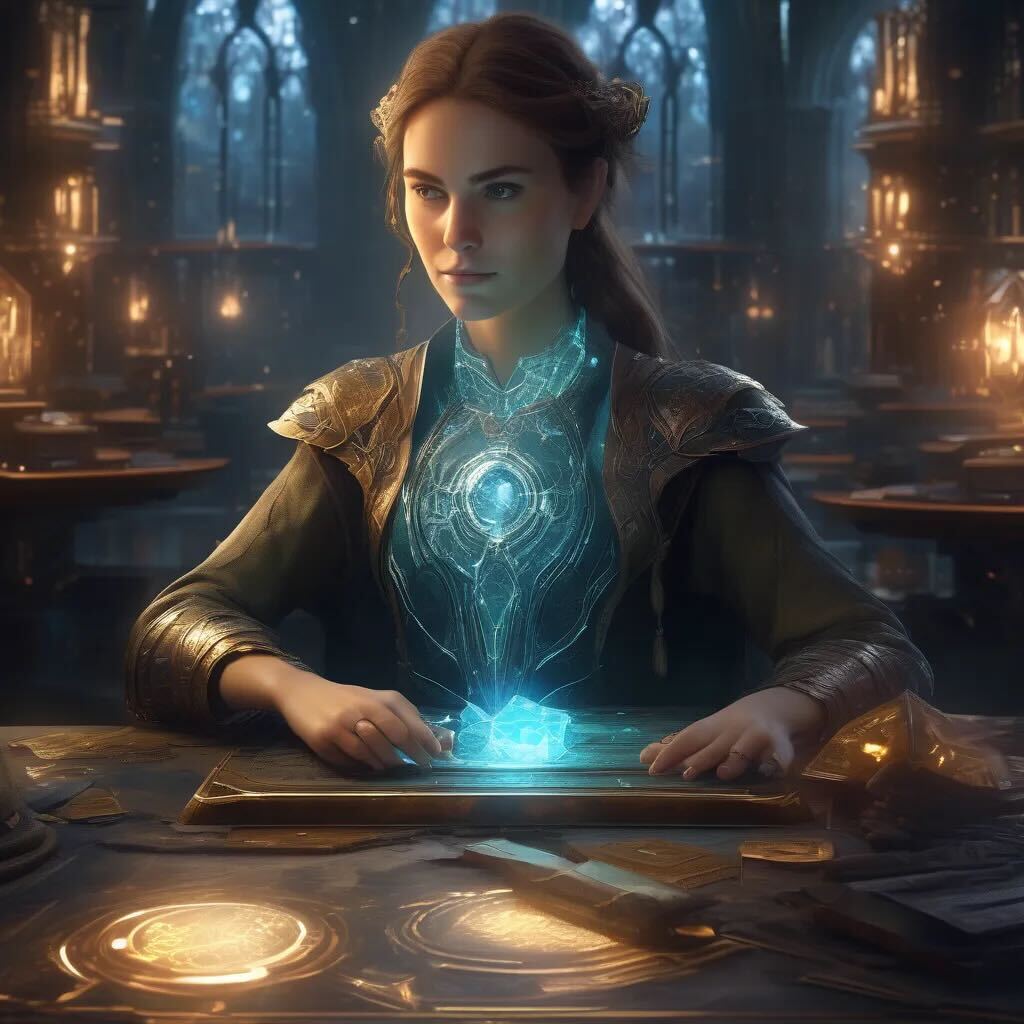
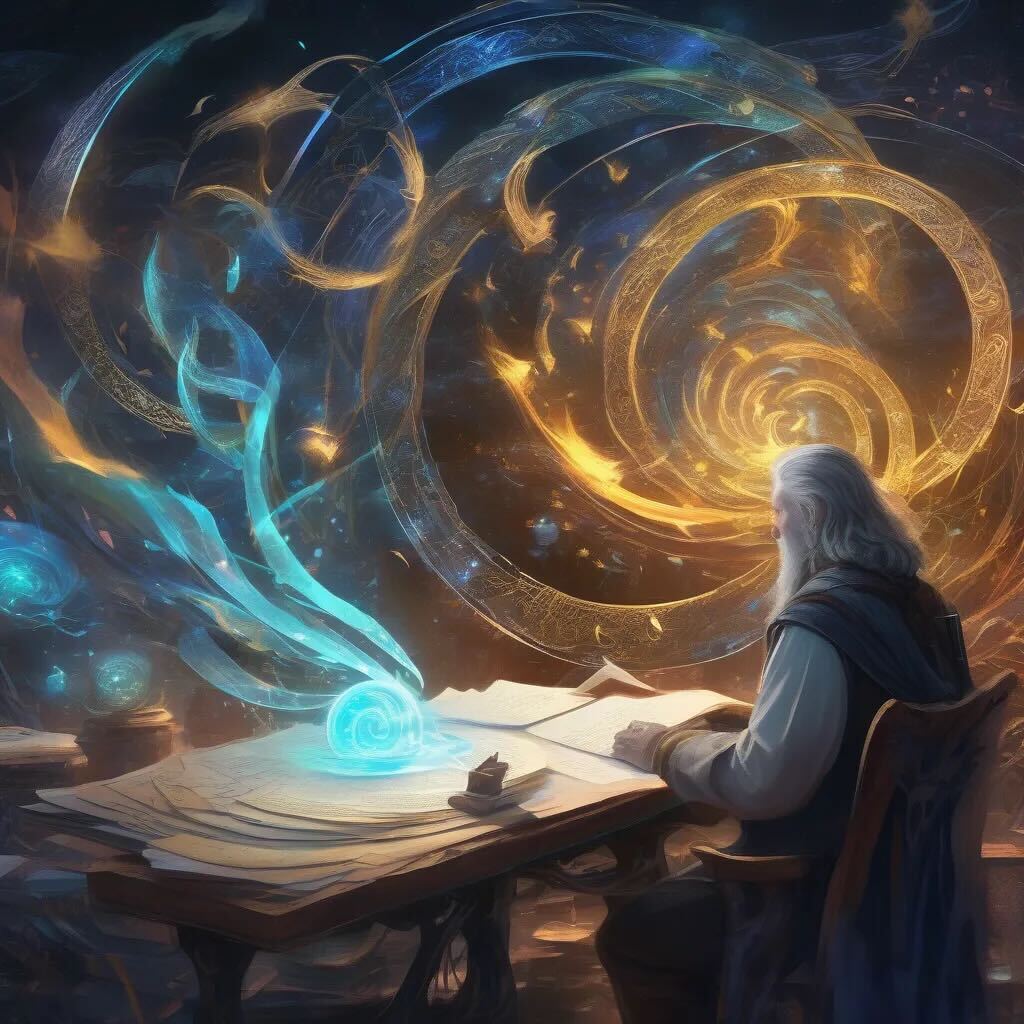
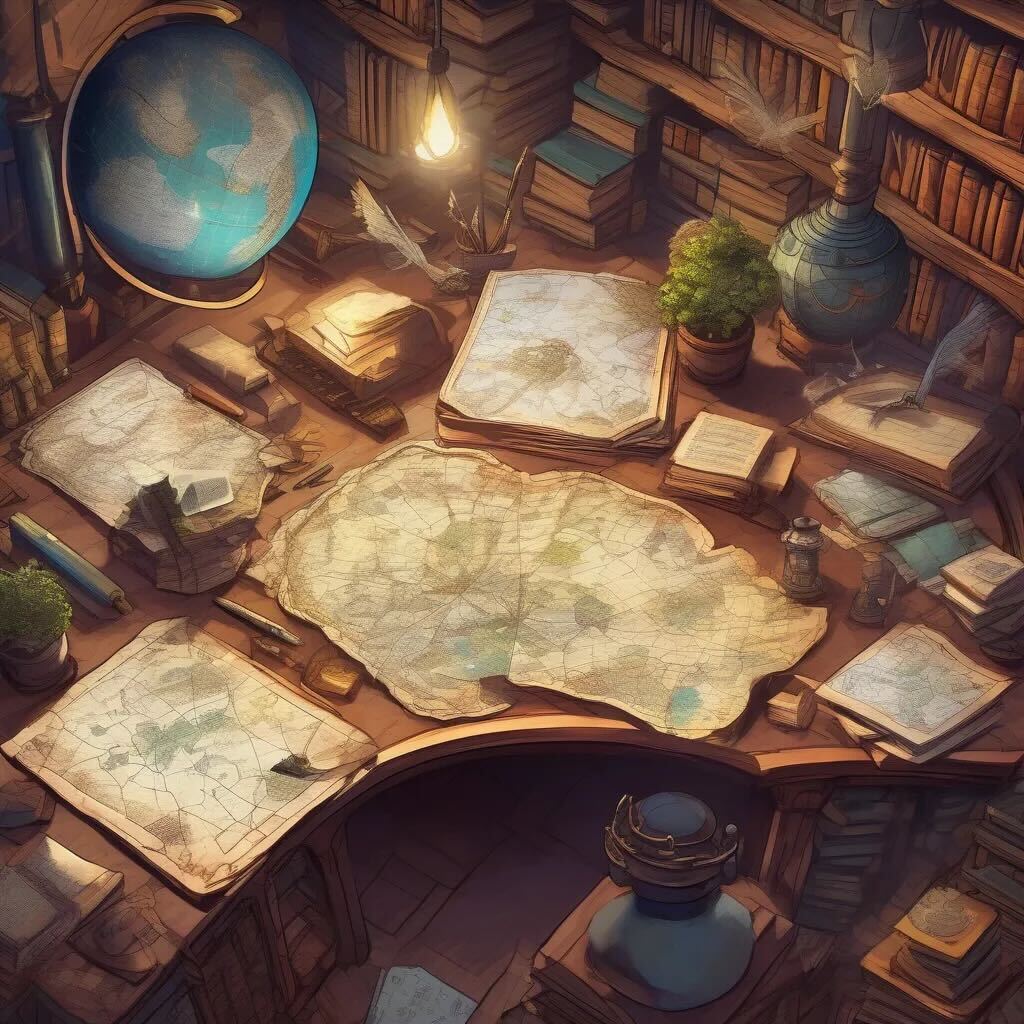
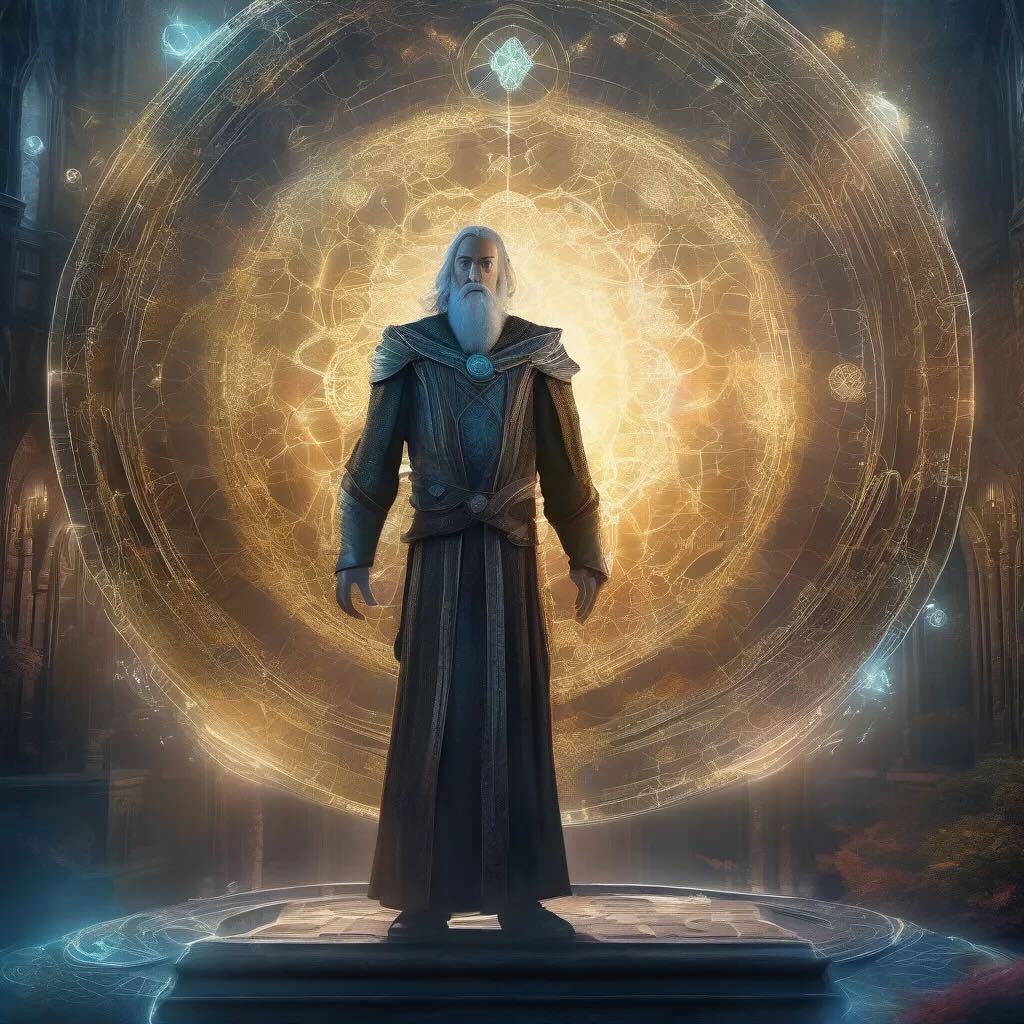
At its core, AI is a sophisticated pattern recognition system, trained on vast amounts of text to understand language structures and narrative rhythms. However, it doesn’t replace your creativity in fantasy writing; rather, it serves as a worldbuilding assistant that sparks ideas, offers suggestions, and helps navigate creative roadblocks.
Think of AI worldbuilding as a brainstorming partner that never tires. It can quickly generate multiple options, allowing you to explore new creative avenues in your fantasy writing that might otherwise remain undiscovered. Just as a word processor or a spellchecker aids the writing process, AI is another tool in your arsenal – one that enhances rather than diminishes your originality in fantasy worldbuilding.
AI Worldbuilding 101: unlocking Character Depth
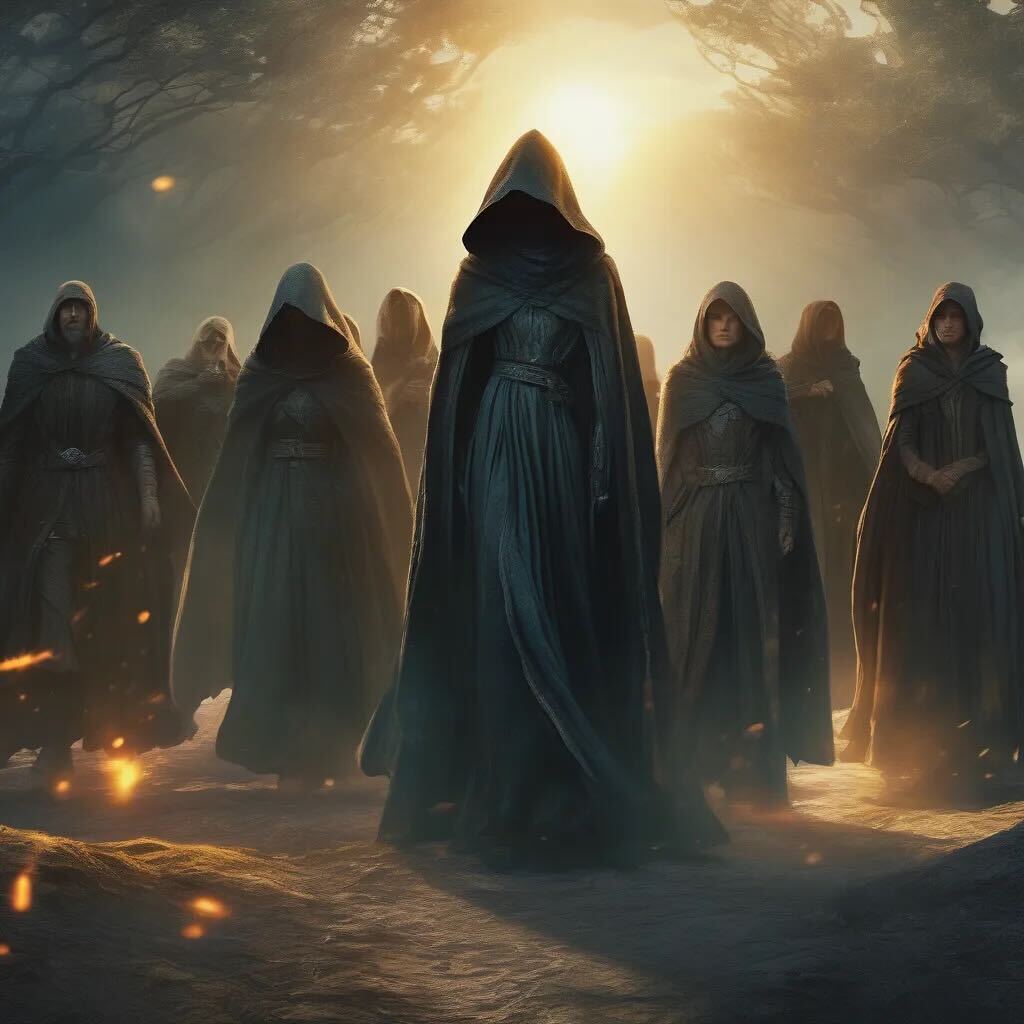
Characters are the heart of any fantasy writing project, but developing them in a meaningful and engaging way can be challenging. AI writing tools can help by generating backstories, exploring personality traits, and even simulating dialogue interactions for your fantasy worldbuilding. Want to dive deeper? Our 2025 Guide to AI Character Creation has you covered.
Here’s an example from my own experience:
While working on your latest fantasy campaign, you hit a wall with your protagonist. You had his backstory, skills, and relationships mapped out, but something felt missing. You decided to input everything you knew about him into an AI writing assistant and asked it to generate a short scene featuring the character in an unexpected situation. The AI returned a compelling narrative where your protagonist, disguised among exiles, instinctively took charge during a sudden attack.
This exercise in AI-assisted fantasy writing deepened your understanding of his natural leadership, his internal conflicts, and his ability to adapt to dire circumstances.
This kind of AI-assisted fantasy worldbuilding doesn’t create the character for you – it simply helps you see them from different angles, unlocking nuances in your fantasy writing that you may not have considered.
AI Worldbuilding 101: A Magical Cartographer
Creating a rich and immersive fantasy world requires meticulous detail, from naming locations and creatures to maintaining consistency in lore and magic systems. AI can streamline this process in several ways:
- Generating Names: Need a unique name for an elvish city or a legendary sword? AI worldbuilding tools can produce dozens of fitting options for your fantasy writing in seconds.
- Fleshing Out Creatures & Cultures: Provide a brief description of a mythical beast, and AI can generate its habitat, diet, and role within your fantasy worldbuilding.
- Consistency & Organization: AI writing assistants can track details across your story, acting as a digital lore-keeper to ensure consistency in worldbuilding elements.
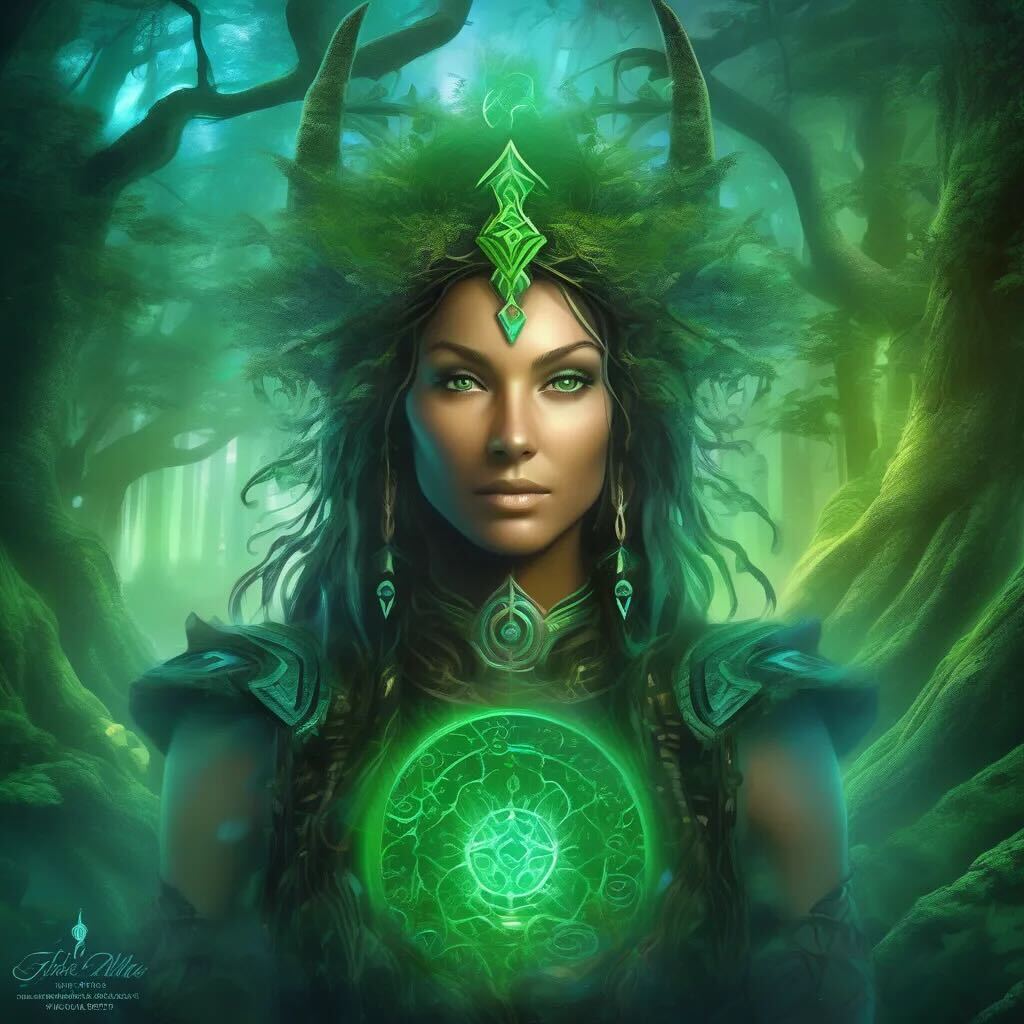

- Exploring Unique Concepts: Want a magic system based on quantum physics or a fantasy race that communicates through bioluminescence? AI worldbuilding can help refine these ideas into something compelling and fresh for your fantasy writing.
- Creating Visual Elements: AI can breathe life into your world through stunning visuals. Check out Creating Stunning AI Fantasy Art for the big picture, or our Reddit guide on Generating Unique Fantasy Landscapes for specific techniques.
By integrating AI writing tools into fantasy worldbuilding, authors can focus on refining and personalizing these elements rather than spending countless hours on preliminary groundwork.

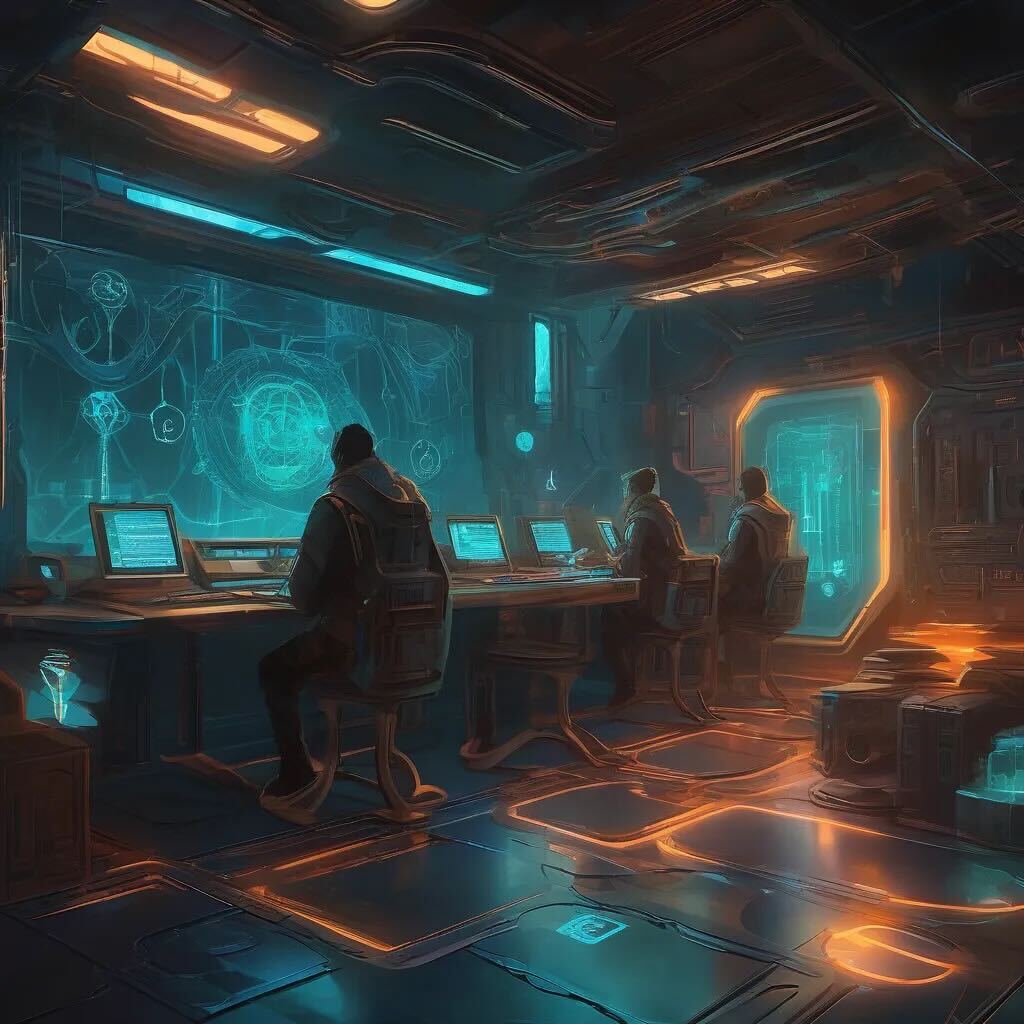
Overcoming Writer’s Block with AI
Writer’s block can be a daunting challenge for fantasy writing, but AI worldbuilding provides an antidote by offering instant inspiration. Stuck on creating your world? Our guide to building fictional worlds with AI might spark some ideas. Here’s how AI writing can help:
- Plot Generation: Stuck on where your story should go next? Input key details, and AI will suggest multiple directions, from thrilling twists to subtle character developments.
- Connecting Story Threads: AI can identify ways to weave seemingly unrelated subplots into a cohesive narrative.
- Prompt Engineering: Instead of a vague question like “What happens next?”, try prompting AI with specific scenarios, such as “Generate five unexpected consequences of my hero trusting a trickster god.”
- Style Mimicry: Feed AI samples of your writing, and it can generate prose in your unique style, providing a draft that feels natural rather than robotic.
AI-assisted brainstorming ensures that the dreaded blank page never stalls your momentum.
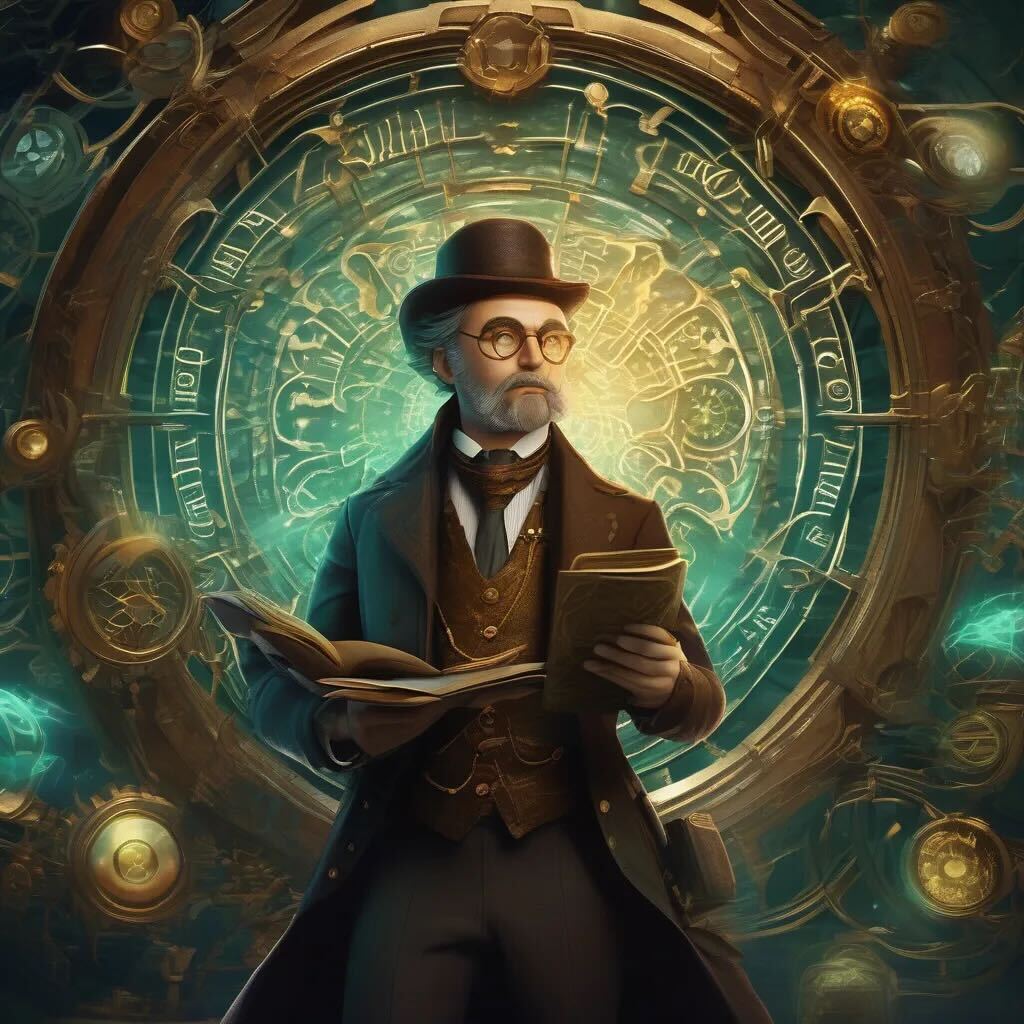
Ethical Considerations in AI-Assisted Writing
As AI becomes more integrated into the creative process of fantasy writing and worldbuilding, ethical considerations arise. Can we still call a work our own if AI contributed to it? The answer lies in how we use technology. AI writing tools should be treated like a research assistant or co-brainstormer rather than a ghostwriter. The originality of a fantasy story comes from the way an author weaves ideas together, their perspective, and the emotional depth they infuse into their narrative.
Authors using AI extensively for fantasy worldbuilding might consider acknowledging its role, just as they would credit editors or research sources. Additionally, it’s crucial to ensure AI writing tools are trained on ethically sourced content.
The Future of AI in Fantasy Writing and Worldbuilding
Throughout history, every new technological advancement in writing, from the printing press to the typewriter, has been met with skepticism. Yet, these tools ultimately expanded creative possibilities rather than diminishing them.
AI writing for worldbuilding is no different.
Used responsibly, it can help fantasy writers craft richer, more intricate stories, pushing the boundaries of imagination.
At the end of the day, AI is just a tool for fantasy writing. The true magic of storytelling – the heart, the emotion, and the unique voice – comes from you. AI worldbuilding can amplify your creativity in fantasy writing, but it cannot replace it.
Writers who embrace AI as a collaborative tool will find themselves with a powerful ally in their creative journey.
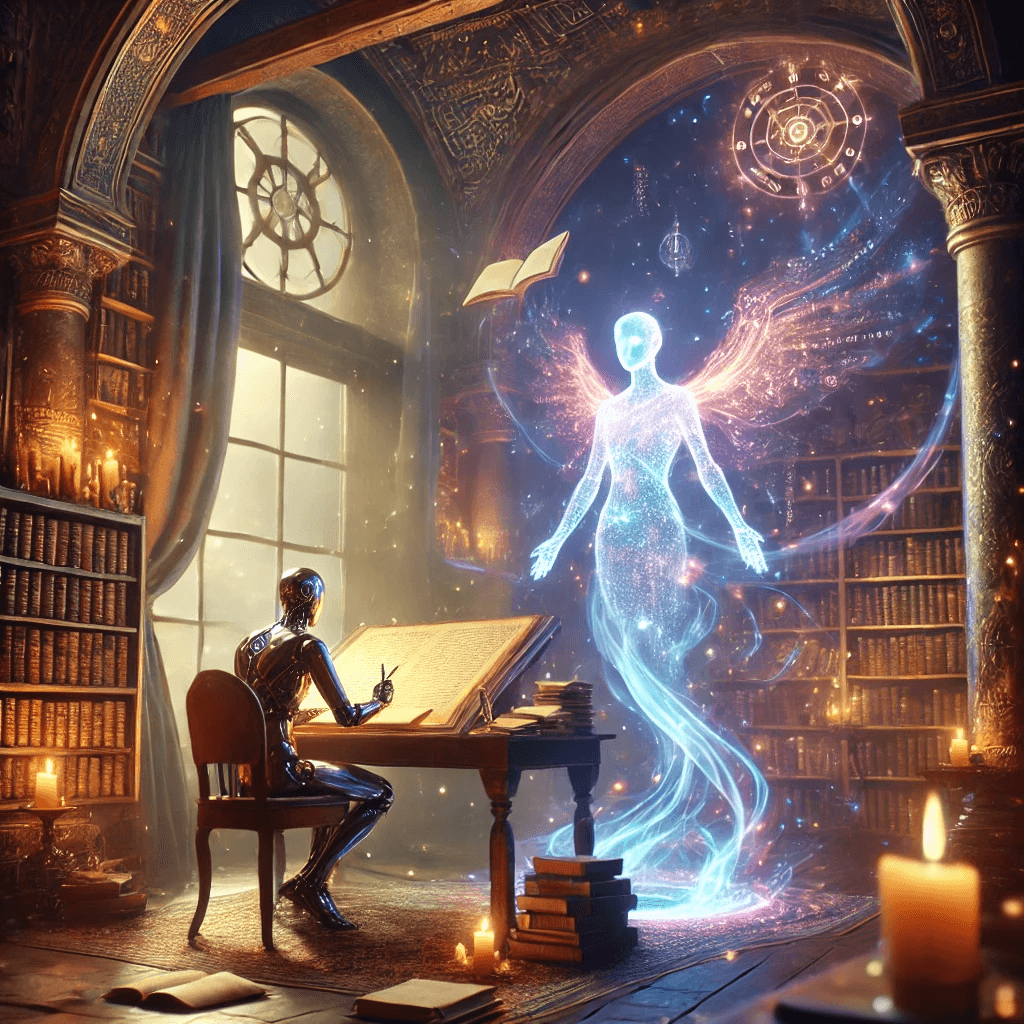
A Creative Tool for Fantasy Writing and Worldbuilding
The fantasy writing landscape is evolving, and AI is here to stay. Rather than resisting this innovation, writers should explore how it can enhance their craft. Whether it’s overcoming creative roadblocks, deepening character development, or crafting immersive worlds, AI provides valuable support without diminishing originality. The future of fantasy writing isn’t about choosing between AI and human creativity—it’s about finding harmony between the two.
What are your thoughts on using AI in fantasy writing? Have you experimented with AI tools to boost your creativity? Share your experiences in the comments!

From NPCs to entire kingdoms, build it all. Summon Worlds helps you worldbuild smarter with AI—try it now and level up your storytelling.
Want to see AI worldbuilding in action? Check out our D&D Village Design video.



